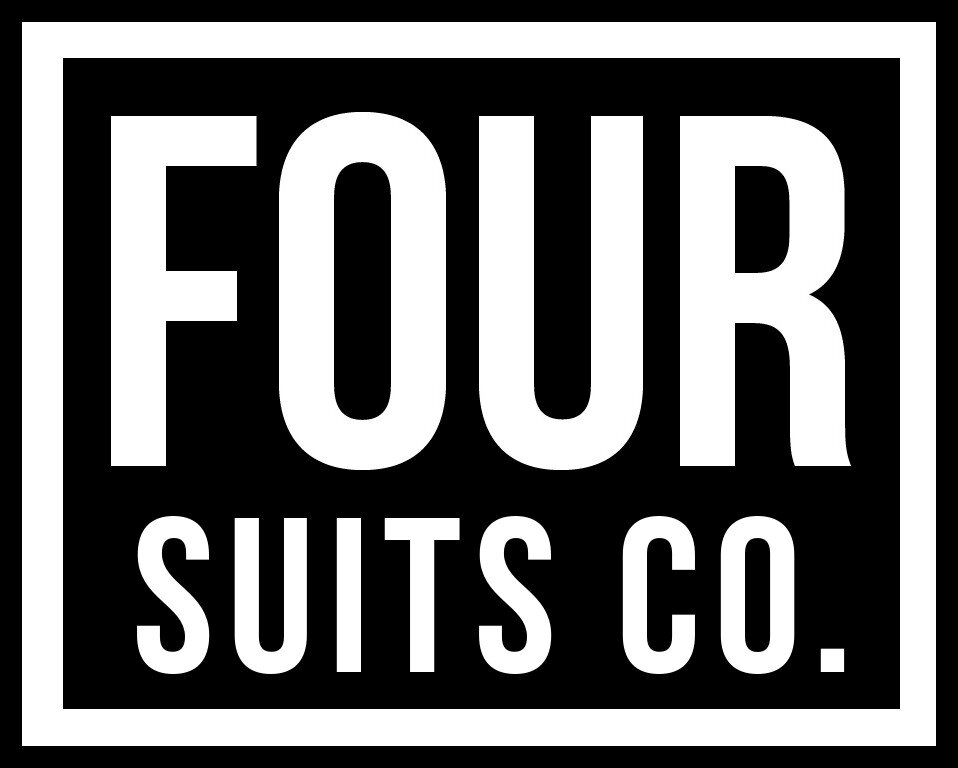Dear Reader -
Pretty lofty title, huh? Fortunately, changing the world is inevitable. I promise, that by the end of your life, you will have changed the world. That’s the thing. In the most general terms: every person, with every action, changes the world in one small way every single day, right? Now, by the end of your life, those moments have built up some mighty influence over one’s surroundings. Victory, you’ve changed the world. Whether it be in an intimate way, or a grandiose way, you’ve done something.
Now that we’ve agreed on that, suddenly it might feel like a lot of responsibility to handle. However, no need for despair, all it takes is a little step forward every day. But you must take a step. It reminds me of an old idea: Indecision is a decision. Standing still is a choice against moving forward. And the decision or choice you make when you decide to stand still is: “I agree with the status quo.” Which is great sometimes, honestly. Don’t know where you want to eat? Let your friends decide. Don’t care what movie you watch? Have someone else pick one.
But, what if you don’t know where to step? What if you don’t know which way is forward? Honestly, with the information overload of this modern age, we’re being put into harder and harder decisions to make. Which makes the decisions that more meaningful. Which, if taken the wrong way, can be an anxiety-inducing thought. However, the opposite is true. Most of us want the best for humankind and one’s fellow spirit. The key decider is how we capture and parse information.
In the spirit of this, I urge you to seek dissenting opinions. Seek new information. Seek completely whole new realms you never once accessed. Because, just like you’re changing the world day by day, so are others. And imagine how sorrowful it would be to not know how they are changing it?
— J.R.

